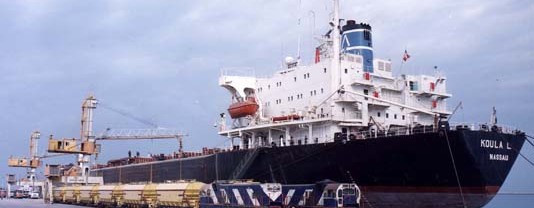It is no coincidence that Tehranhas been chosen as the location for the UIC Middle East Regional Office. The Islamic Republic of Iran plays a key role in transport services for the whole region and in the coming years is set to become the area’s real hub for both north-south and east-west traffic. But all UIC member countries in this region (not just Iranbut also Iraq, Jordan, Qatar, Saudi Arabia, Syria, Turkeyand the United Arab Emirates) consider the development of a regional railway system, including the definition and realization of international traffic corridors, one of the main priorities for growth. Obviously, some of these projects are currently difficult to achieve, for example while Syriafails to establish internal stability, but overall it is only a matter of time. Everyone has now come to realize that the development of a modern railway network is an extremely important driver for economic development in the whole region and that the creation of transnational and intercontinental traffic corridors will allow all the countries affected to increase their international role and weight. We spoke to Abbas Nazari, Director of the UIC Middle East Regional Office and Director-General of International Affairs at Iranian Railways.
Railway Engineering: The Islamic Republic of Iran, thanks to its geographical location, plays a key role in land links between Europe and Asia. Can you tell us how railway relations currently stand between the neighbouring countries ?
Abbas Nazari: The Middle East is a bridge between Asia and Europe and Iran plays a fundamental political role in this area.
Full article is available only for registered users.
Click the link below to download pdf version of Railway Engineering
